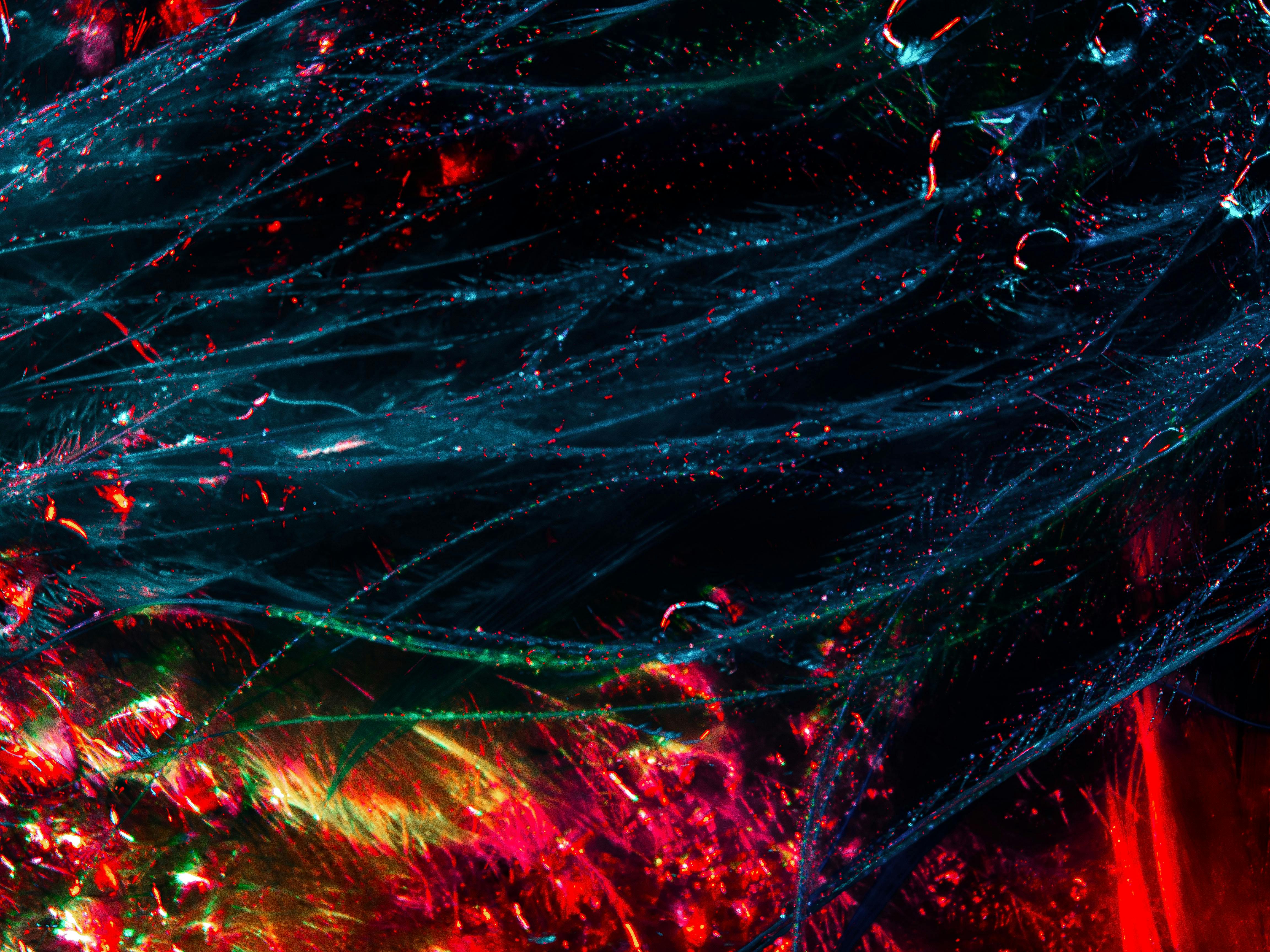Telogen Effluvium, Hair Loss, TE or CTE – Frequently Asked Questions (FAQ) – Part One
I need to reveal up front that I am not a doctor. I am a woman who has had Telogen Effluvium (TE) or Chronic Telogen Effluvium (CTE) from time to time for various periods of my life. I have spent thousands of hours researching hair loss, spent a lot of time and money on many products, and consulted with many doctors. I consider myself somewhat of an expert on women’s hair loss simply because of my own experiences that required a lot of research and a lot of questions.
These FAQs listed are the questions I was trying to find answers to when my move started. The questions and answers are my opinions, based on my experiences. Of course, my advice is not a substitute for that of your doctor. I’m just sharing my own experiences. These are what I think are the top five questions. I didn’t want to make this article too long, so I’ll go over more questions in the second part of this article.
1. What is Telogen Effluvium or TE?: Technically, it’s any time you lose more than 100 hairs a day on a consistent basis, but I can’t stress enough that you shouldn’t count hairs. (Although I know a lot of people on TE do this.) Once you’ve counted and seen more than 100 hairs in your drain, brush, or trash can, then you know what it looks like and you don’t need to repeat the process. There is absolutely no reason to go crazy and get angrier counting hairs. Basically, if you’re losing hair, you’ll know it. Hair will be everywhere and it will rain on you almost all day. It’s pretty hard to miss.
2. What causes it? Although most of the literature will say that it is caused by childbirth, taking and stopping birth control pills, surgery, illness, or stress, through my research I have found that there are actually many reasons. Many women are very vulnerable to hormonal changes, so anything that changes your body even slightly (weather changes that cause thyroid changes, stress that makes your adrenal glands work harder, medications or seemingly innocent supplements that alter your body’s chemistry or hormones, etc.). ) can also bring a shed.
3. How long will it last?: This is the million dollar question. I have had TEs that only lasted a few weeks and I have had CTEs that lasted several months to a year. Sometimes the moult just has to run its course. But sometimes, I think it’s possible to prolong ET by experimenting with different treatments or medications that continue to mess with your body. Occasionally shortening or stopping the shedding is as simple as determining that you are low on iron or hypothyroid, but most of the time, the cause cannot be found. The good news is that if your hair loss is TE, it will eventually stop. The best advice I can give for shedding that won’t stop is to rule out medical conditions through blood tests (iron, thyroid, adrenal glands, sex hormones like DHEA and cortisol), but if the blood work doesn’t show any medical issues , try not to not obsess over when the moult will end. (I know how difficult this is). Even CTE usually always ends, but stressing yourself too much could prolong your hair loss, so it’s very important not to.
4. Does a white bulb at the end of my hair shaft mean it’s definitely ET? Sometimes, but not necessarily. Basically, all the white bulb means is that the hair came out because the follicle reached the end of its life cycle and was expelled (instead of being pulled out). If you pull out one of your hairs, you will notice a dark root with a shield. A white lightbulb just means you haven’t pulled out your hair. People who are losing hair due to medical reasons or even AGA (genetic pattern hair loss) also have white bulb.
5. Why do I get tingling in my head or pain in my scalp during TE or CTE? This tingling or mild pain is very common, but no one seems to know what it is. There have even been medical tests trying to determine the cause, but the tests showed no difference between TE scalps and normal scalps. Callous doctors will sometimes tell you that you feel pain or tingling because you are thinking about your hair too much or because you are so upset about your hair loss. I don’t buy this. Too many people experience this tingling or pain for it to be coincidental or simply psychological. My theory is that the ET process causes inflammation in the follicles (especially since many are disrupted during shedding). This is why you will sometimes notice that your scalp is pink or looks inflamed during this process. There are actually some decent shampoos and topicals available that can slow this process down a bit. For immediate relief, try dropping some emu oil on the area that hurts.
Hope this has helped some. Coming soon I will review more frequently asked questions in the second part.




